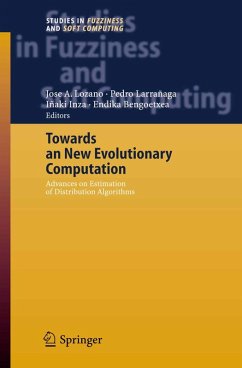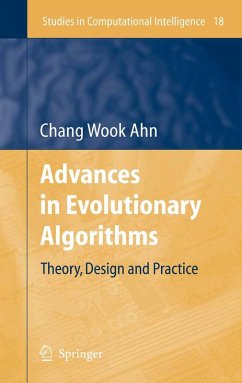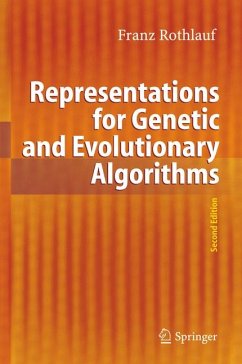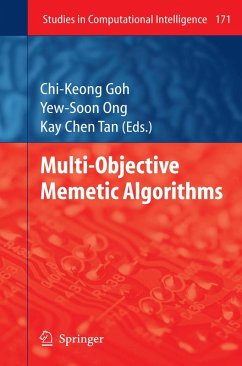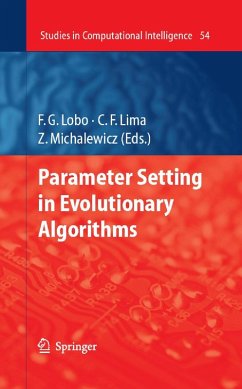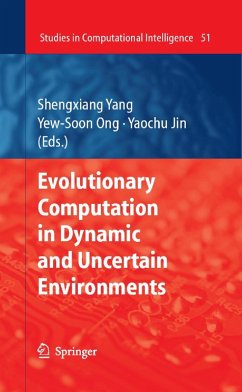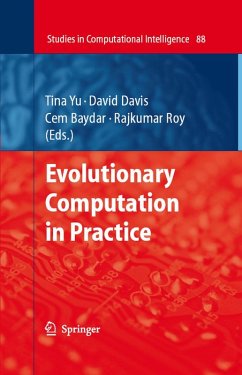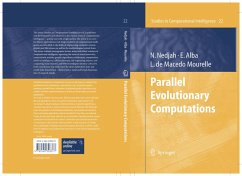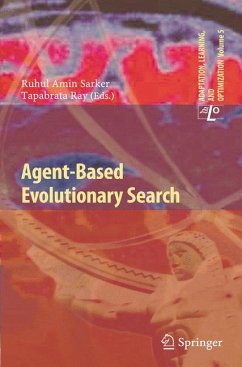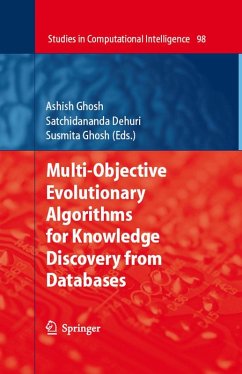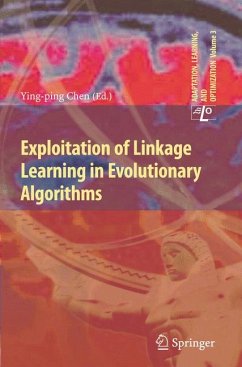
Exploitation of Linkage Learning in Evolutionary Algorithms (eBook, PDF)

PAYBACK Punkte
36 °P sammeln!
One major branch of enhancing the performance of evolutionary algorithms is the exploitation of linkage learning. This monograph aims to capture the recent progress of linkage learning, by compiling a series of focused technical chapters to keep abreast of the developments and trends in the area of linkage. In evolutionary algorithms, linkage models the relation between decision variables with the genetic linkage observed in biological systems, and linkage learning connects computational optimization methodologies and natural evolution mechanisms. Exploitation of linkage learning can enable us...
One major branch of enhancing the performance of evolutionary algorithms is the exploitation of linkage learning. This monograph aims to capture the recent progress of linkage learning, by compiling a series of focused technical chapters to keep abreast of the developments and trends in the area of linkage. In evolutionary algorithms, linkage models the relation between decision variables with the genetic linkage observed in biological systems, and linkage learning connects computational optimization methodologies and natural evolution mechanisms. Exploitation of linkage learning can enable us to design better evolutionary algorithms as well as to potentially gain insight into biological systems. Linkage learning has the potential to become one of the dominant aspects of evolutionary algorithms; research in this area can potentially yield promising results in addressing the scalability issues.
Dieser Download kann aus rechtlichen Gründen nur mit Rechnungsadresse in A, B, BG, CY, CZ, D, DK, EW, E, FIN, F, GR, HR, H, IRL, I, LT, L, LR, M, NL, PL, P, R, S, SLO, SK ausgeliefert werden.




